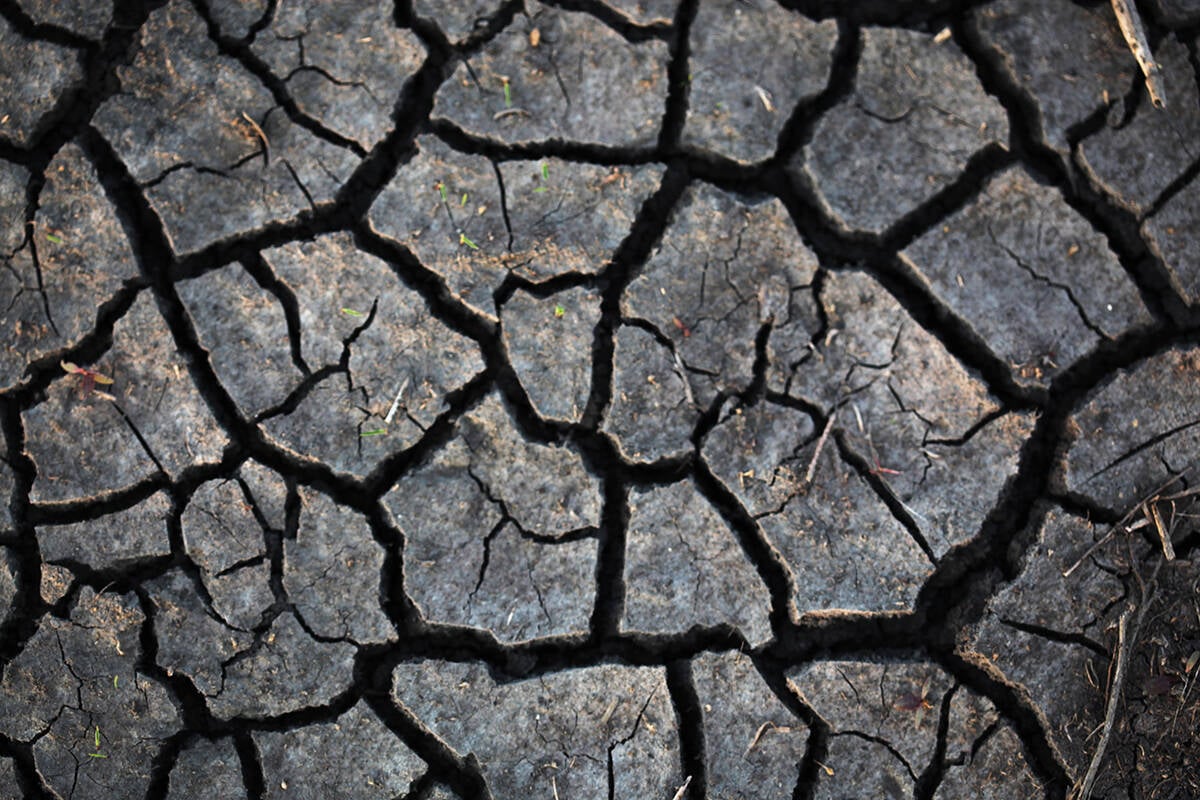Spreading political unrest in the Middle East could continue to have huge impacts on crop prices, say experts who spoke last week at GrainWorld.
The problem is that it is impossible to predict not only what will happen but also the way markets will react.
“It’s going to be a year of uncertainty,” said Geoff Stone, senior economist with Export Development Canada.
“We’re in for quite a ride in the next couple of years.”
Read Also

Prairies have variable soil moisture conditions
The dry weather in the west was welcome for preserving grain quality and advancing harvest, but it has resulted in very dry soil moisture conditions.
Analysts at the Canadian Wheat Board conference repeatedly referred to the political unrest, violence and revolutions rocking the Arab world, moving from Tunisia to Egypt to Libya and unsettling nations across the world.
Anxiety caused by unrest in the crucial region has slapped crop markets from both directions.
Some analysts believe crop prices will go up because governments will hoard grain to pacify their people, while others fear imports will be disrupted by social and government breakdown.
Oil prices have surged since Libya, a significant producer, began to roil with revolution.
Traders worry that the unrest in Libya could hurt oil production and that the spreading unrest could close the Suez Canal and disrupt major oil producers Saudi Arabia and Iran.
Canadian Wheat Board market analyst Neil Townsend told reporters that many investors in agricultural commodities don’t know much about farming so they tend to shove prices around as they react to world events.
Emotions can drive traders as much as anybody else and create price swings in commodities such as oil.
“They get scared about things, or they get hopeful about things,” he said.
“They’re mixed with their opinions about what the volatility and the uncertainty in the geopolitical situa-
tion is. You see that jitteriness. I don’t see any decline in that going forward.”
Royal Bank of Canada senior economist Paul Ferley said his greatest economic fear for the coming year is that a geopolitical danger damages confidence, especially in the United States.
The economic recovery is gradual, he added, and “in that kind of environment you get worried about some sort of unforeseen geopolitical risk kicking in that prevents that recovery from being sustained.… There is a lot of potential for that sort of geopolitical risk to play out.”
Ferley said inflation and excessive growth in Asia are major risks to the world economy and commodity demand.
Governments fearful of out of conrol inflation could clamp down too hard, causing demand to slump and commodity prices to collapse.
Stone said he sees inexplicably strong prices for some metal commodities, which makes him bearish about their price outlook.
However, crop prices aren’t as dangerously based, Stone said. Not only are crop prices fundamentally supported by tight ending stocks, but people do not respond to high food prices the way they respond to high metal prices.
With high metal prices, people tend to buy less and ration demand. With increasing food prices, buyers tend to hoard and do things that push up prices, giving agricultural commodities an “atypical supply curve.”
Stone said that bodes well for crop prices.















